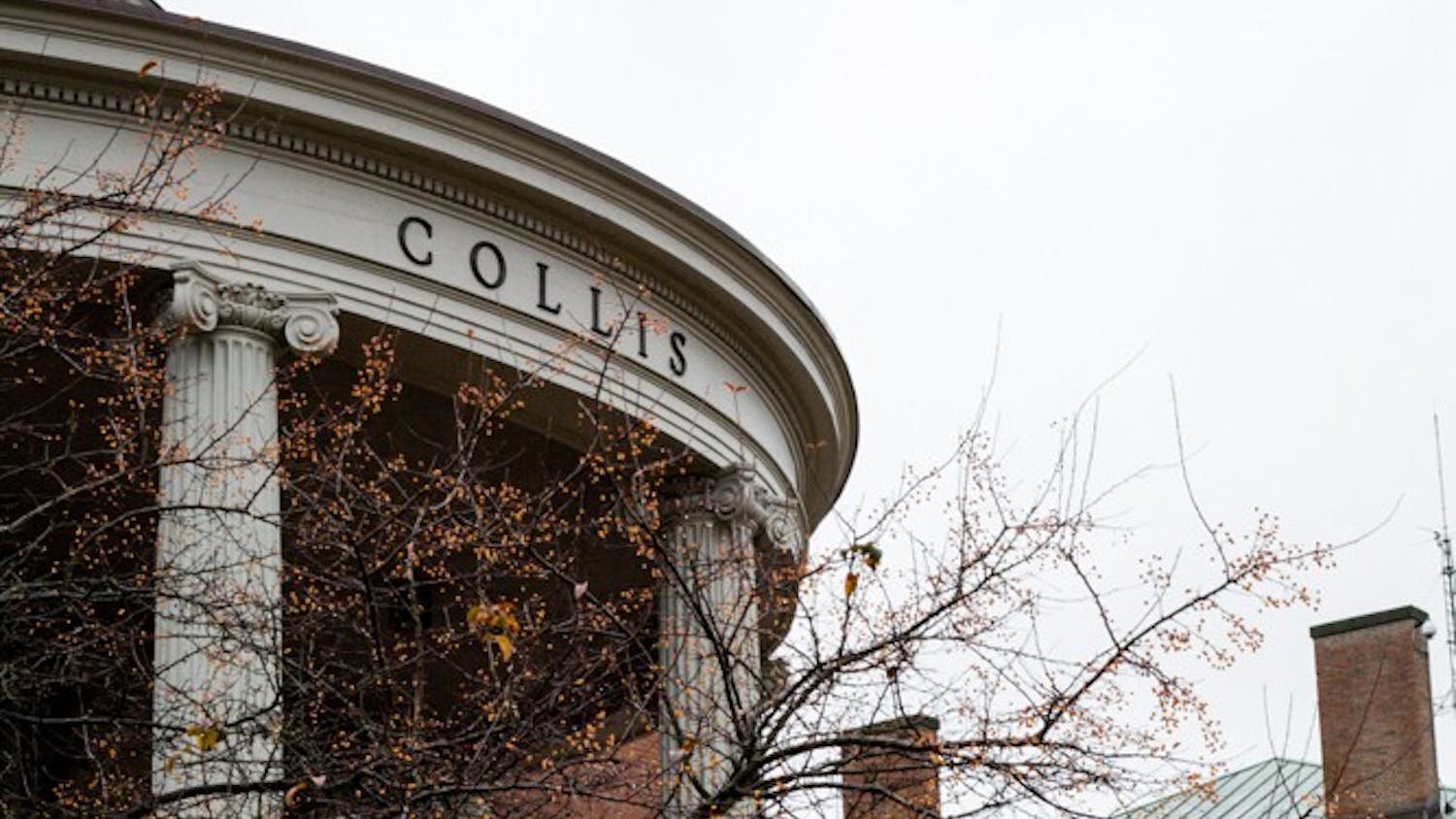Dartmouth's federally-mandated Annual Security Report, which arrived in Hinman Boxes last week, does not present a complete picture of safety to casual readers.
The Report outlines alcohol violations, aggravated assault, burglary and sexual assault, among others, that were reported either to the department of Safety and Security or to the Hanover Police Department. But the Report does not include violations reported to Dick's House, the most common of these being sexual assault.
According to Susan Marine, who coordinates the sexual abuse awareness program on campus, there were 51 reports to her office this past year of sexual abuse. That figure includes any unwanted touching, harassment and unwanted sexual intercourse.
Of those 51 cases, there were 27 reports of nonconsensual intercourse, none of which were ever reported to Safety and Security, and accordingly do not appear in the College's official report.
Marine said the College does not want to hide the information about sexual assaults from the community, but that her figures are not applicable to the Security Report, whose statistics are calculated using governmental regulations.
"The College isn't trying to hide anything," Marine said. "The College wants everyone to know what gets reported here."
She said a more accurate depiction of sexual assault on campus can be found in the report that her office publishes, which will be delivered to Hinman Boxes next week.
Marine told The Dartmouth that her report is unique in that it discloses information that many schools like to keep under wraps.
"I don't know of any other college that sends out a report like mine every year," she said.
Another misconception may stem from the word usage in the Annual Security Report. College Proctor Bob McEwen said federally mandated definitions of words like "robbery" and "aggravated assault" may differ from the commonly-held Dartmouth definitions.
McEwen said both aggravated assault and robbery involve weapons such as firearms or knives.
He said at Dartmouth this past academic year, there were thefts, but no robberies, and there were assaults but only one aggravated assault, which occurred in a residential facility.
Overall, College Proctor Bob McEwen told The Dartmouth he thinks the College is a safe place, and said he sees no significant change in campus security since last year.
He said the only real difference between the statistics for this year and the past year is there appear to be more alcohol and drug violations due to new reporting criteria.
According to the Jeanne Clery Disclosure of Campus Security Policy and Campus Crime Statistics Act, which is the document that sets out the rules for the Security Report, there are four locations where reportable violations can occur: on campus, in non-campus properties, on public property and in residential facilities.
McEwen said that this year, for the first time, "the requirement has expanded beyond incidents on campus to properties that run contiguous" to campus property. "It also includes residence halls this year."
But, he said, other than the increase in violations reported because of changes in the requirements for the Report, there has been no upward or downward trend in any of the categories.
Assistant Dean of Residential Life Mary Liscinsky said she was unsurprised by the figures in this year's Security Report.
"Every year we sit down and take a look at the numbers," she said. "We didn't see anything that was particularly unusual."
The Federal regulations say that colleges must "distribute, through appropriate publications or mailings, to all current students and employees, and to any applicant for enrollment or employment upon request, an annual security report containing at least the following information with respect to the campus security policies and campus crime statistics of that institution."
Liscinsky said Dartmouth is very open about distributing the findings of the Annual Security Report to students as well as other community members.
She said the fact that Safety and Security works closely with the Office of Residential Life -- coming to some residence halls early in the year to do presentations about reporting procedures and other campus safety issues -- adds to Hanover's overall safety.
According to McEwen, another aspect that has improved Dartmouth's general safety is that in the past year, Safety and Security has tripled the number of foot patrols.
He said this has helped improve relations between students and officers and has allowed Safety and Security to cover more territory on campus.



